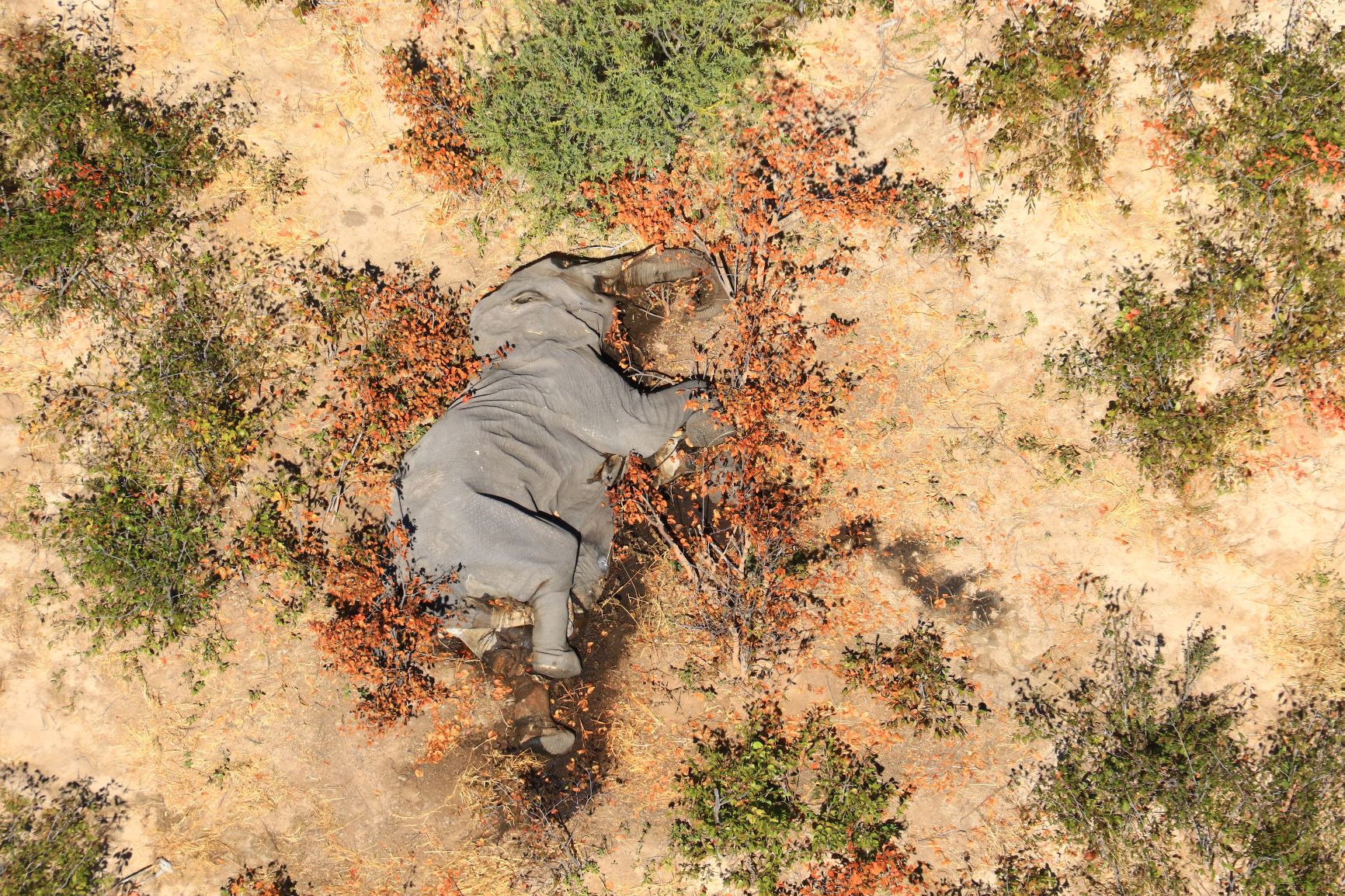Mysterious death of over 300 elephants in Botswana solved
Some 50 more elephants have died since July, an official says

Your support helps us to tell the story
As your White House correspondent, I ask the tough questions and seek the answers that matter.
Your support enables me to be in the room, pressing for transparency and accountability. Without your contributions, we wouldn't have the resources to challenge those in power.
Your donation makes it possible for us to keep doing this important work, keeping you informed every step of the way to the November election

Andrew Feinberg
White House Correspondent
The deaths of hundreds of elephants in Botswana in recent months has been linked to toxins produced by cyanobacteria in water, officials have said.
The government said in July it had launched an investigation into the strange deaths of the mammals. The southern African country is home to about a third of the continent’s dwindling elephant population.
“Our latest tests have detected cyanobacterial neurotoxins to be the cause of deaths. These are bacteria found in water,” Mmadi Reuben, principal veterinary officer at the Botswana department of wildlife and national parks, announced at a press conference on Monday.
“However we have many questions still to be answered such as why the elephants only [died] and why that area only,” Mr Reuben added. “We have a number of hypotheses we are investigating.”
The number of dead elephants has risen to 330, from 281 in July, the director of the department told the news conference.
The slew of deaths caused concern among conservationists, who alerted authorities in early May after counting 169 dead elephants during a three-hour flight over the delta. As the animals were found with their tusks intact, ivory poaching was quickly ruled out.
Some 70 per cent of the animals had died near water holes, an aerial survey showed.
Dr Niall McCann of the UK-based charity National Park Rescue described the spate of deaths as “extraordinary”, saying in July: “This is totally unprecedented in terms of numbers of elephants dying in a single event unrelated to drought … It is only the elephants that are dying and nothing else. If it was cyanide used by poachers, you would expect to see other deaths.”
The announcement follows the discovery of more than 20 elephant carcasses in a game park in neighbouring Zimbabwe in September. Authorities believe they died of a bacterial infection.
Botswana is home to the world’s largest elephant population, estimated at 130,000.
Subscribe to Independent Premium to bookmark this article
Want to bookmark your favourite articles and stories to read or reference later? Start your Independent Premium subscription today.



Join our commenting forum
Join thought-provoking conversations, follow other Independent readers and see their replies
Comments